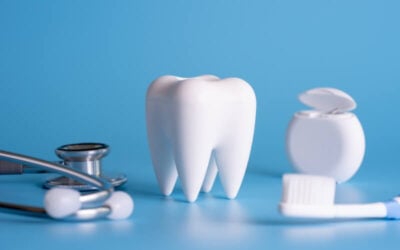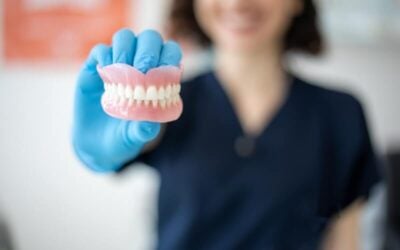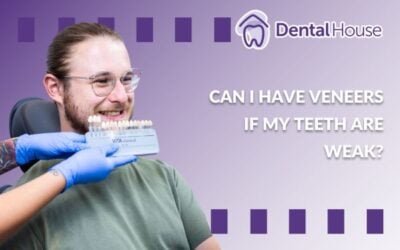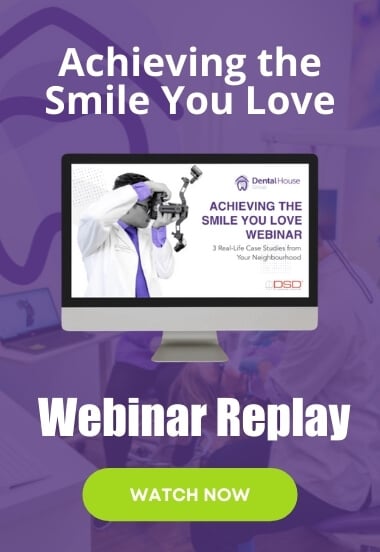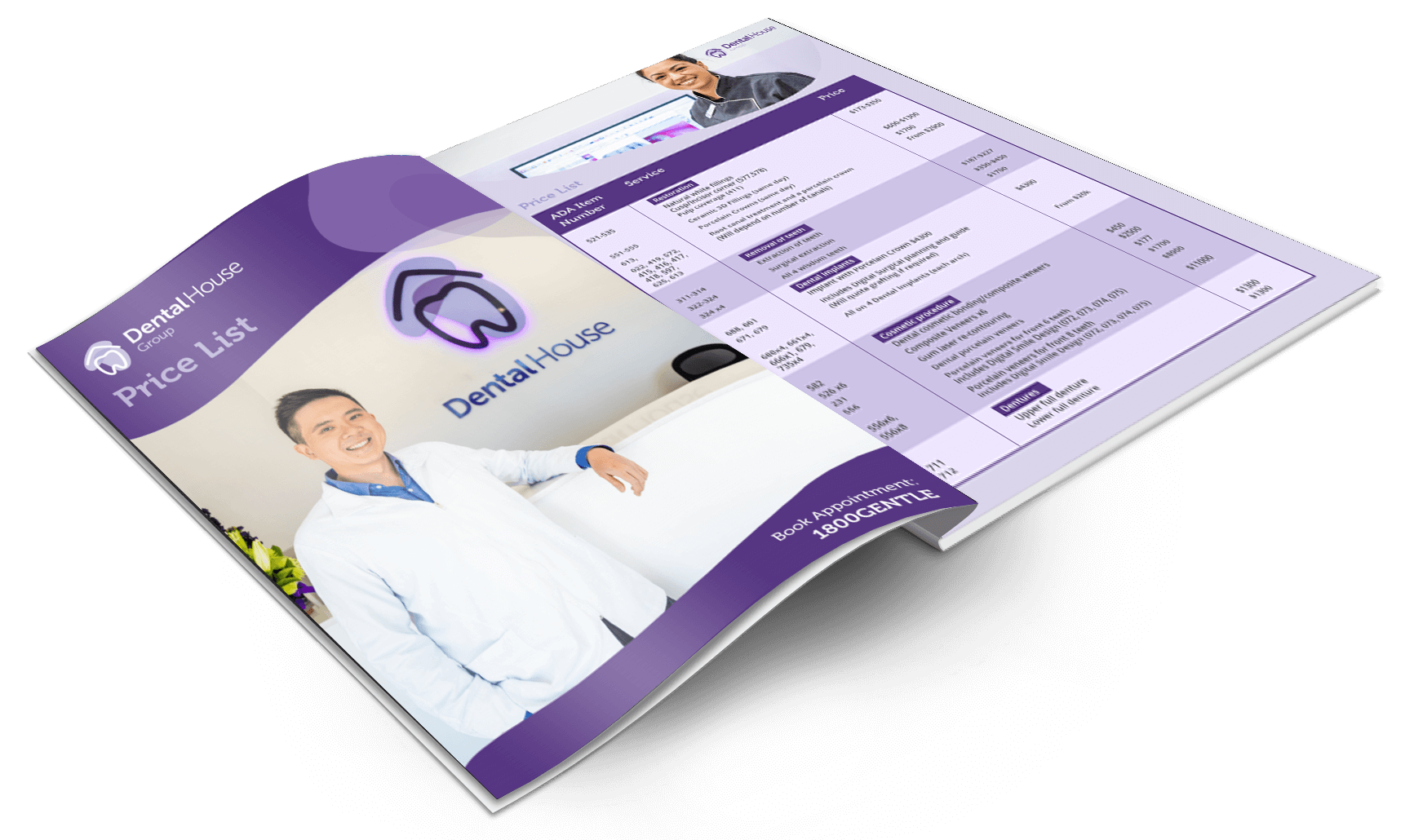The Most Common Dental Hygiene Questions Answered
The Most Common Dental Hygiene Questions Answered

Is time travel possible?
Seems a much more interesting way to tackle dental hygiene than another page of do’s, don’ts, and only if you are Kardashian. Being that this is about the most common questions asked, it would be most uncommon for the common answers to not commonly be known.
Why ask the ordinary rather than the extraordinary?
Could be why the two most Google-asked questions on the planet are about the TV guide, followed by which dinosaur had 500 teeth. Most specifically, “What dinosaur has 500 teeth pronounce?” has been asked exactly like that, enough times for that search to show up via the SERP feature in the “People also ask:” box; a cousin of the featured snippet.
Probably first cousins, by the way its offspring seems to speak. With an enquiring mind that had to first establish what everyone else is enquiring about. Inquisitive with the ‘quiz’.
There’s a whole lot of boring maths, explaining SERP. It must be to take the heat off the atrocious disregard they have for the rhythm and flow of the written word. For those who write with an internal harmonic guide, mapping the distant course that calls you across to get there, is like being walked into by someone not watching where they’re going.
And nowhere near sure where they’re meant to be. It’s jarring to the system of the pedant. Apparently there’s no such thing as a pendant educationist. I don’t understand why; politics both requires and is, an education in pedantry.
So not only is that a common dental question, it’s common for it to be worded like that. It’s a question so commonly asked so stupidly, not even a meme is listening. Although we recognise what it thinks it’s trying to say, it’s as eloquent as Trump on twitter – the most common place for people to not make any sense. It used to be confined to the local pub. Might criss-cross a few suburbs if it was hilarious enough, interesting enough, or notorious enough. Mostly then, stupid things, thoughts and people didn’t get to stray too far from home. Now you don’t even have to be there, to be there being stupid.
People do stupid anywhere, anytime and you doubt time travel.
It’s already happening. And not just in Doctor Who at 8.30 if you’re being a bit time-lordy. It happens on the International Space Station and has done since November 2000. A space odyssey without a plus one.
In accordance with Einstein’s theory of relativity, the high orbital speed of the ISS slows time. Called time dilation, astronauts age more slowly. It means that they’re a little younger than they would have been, upon their return. Effectively, they’ve traveled into the future.

Before you start planning your 2035 trip where you can give yourself your own Christmas present on your way back to 2055, the effect is infinitesimal. It will take more than 100 years to warp just one second – so their definitely taking liberties with the whole ageing slowly process. Anyone can age slower than that through Danoz Direct.
Still, it’s a much more intriguing thought with fascinating physics and total mind-bendiness than just please, multi-billion-dollar info-saturated being, tell me what’s on at 8.30 tonight. Often, I’ll sit in front of it, eating Doritos, popcorn, chocolate, peanut butter on toast, chips, dips, breads biscuits and cake, singularly or in weird-combo multiplicity, then fall asleep, wake up, go to bed and not brush my teeth.
A straw poll revealed how common that is. No follow-up poll was possible with the straw ending up in a soft drink bottle. Like a sippy cup for enamel and gum damage.
So yes, theoretically a straw can protect your teeth from the sugary or staining fluids you choose to drink. But common sense dictates that unless your method involves the straw entering the oesophagus for direct dump digestion, it all ends up in your mouth.
There’s some basic, common stuff that’s answered in terms of dental hygiene.
If you don’t brush your teeth then yes, they will fall out; swigging from a can of soft drink just before you go to sleep is not the same as rinsing.
Most people do a worse, more sporadic job of flossing than a Nigersaurus. And it has those funny quadropedy legs that would have made a drive-thru in The Flintstones – who would have had an electric toothbrush if they could’ve. They’re a better way than manual to care for your teeth. For the brush size and oscillation sure; but ultimately for the timer, really. Few people brush their teeth twice a day actually for 3 minutes. Most commonly without a timer, it’s 75 seconds.
That 3-minute guideline is now 5 minutes, incidentally. So don’t Google about whether to get an electric toothbrush, just get one. And make an appointment with your dentist. You probably haven’t had a check-up for eighteen months, punching the most common outcome for that in the search engine.
The most common outcome of course, is that people make a dental appointment. Either relieved or petrified, with no idea of which side of wrong they might be from all the web pages they gleaned.
Thus, an uncommon perspective come the common things that people want to know for the common good of oral health. Something everyone should have in common. Just ask the Danes. They have free dental care until their 18th birthday.
So Denmark been time travelling since 1981 to its future, now the present, of optimum oral function, dental aesthetics and microbiome health.
Why theirs isn’t the most common dental system worldwide, is surely the most common dental hygiene question never answered.
Note: All content and media on the Bacchus Marsh Dental House website and social media channels are created and published online for informational purposes only. It is not intended to be a substitute for professional medical advice and should not be relied on as health or personal advice.
Services we mentioned:
Related Articles
The ADA Pushes For Better Oral Care
Dr Stephen Liew, the Australian Dental Association (ADA) president is coming out firing in the push for better oral care for Australians…
In 2024: What Your Dentist Would Really Like You To Do Differently
Happy New Year Everyone! May you make 2024 your happiest dental year ever. Here’s what your dentist would like you to do differently…
Foods And Supplements That Help Slow or Prevent Gum Disease
Are there really foods and supplements that help slow or prevent gum disease? Dentists will point toward those foods to be avoided…
Can I Have Veneers if My Teeth Are Weak?
Dental veneers are commonly used to help strengthen the structure of a weak tooth, but it depends on why it is weak.




